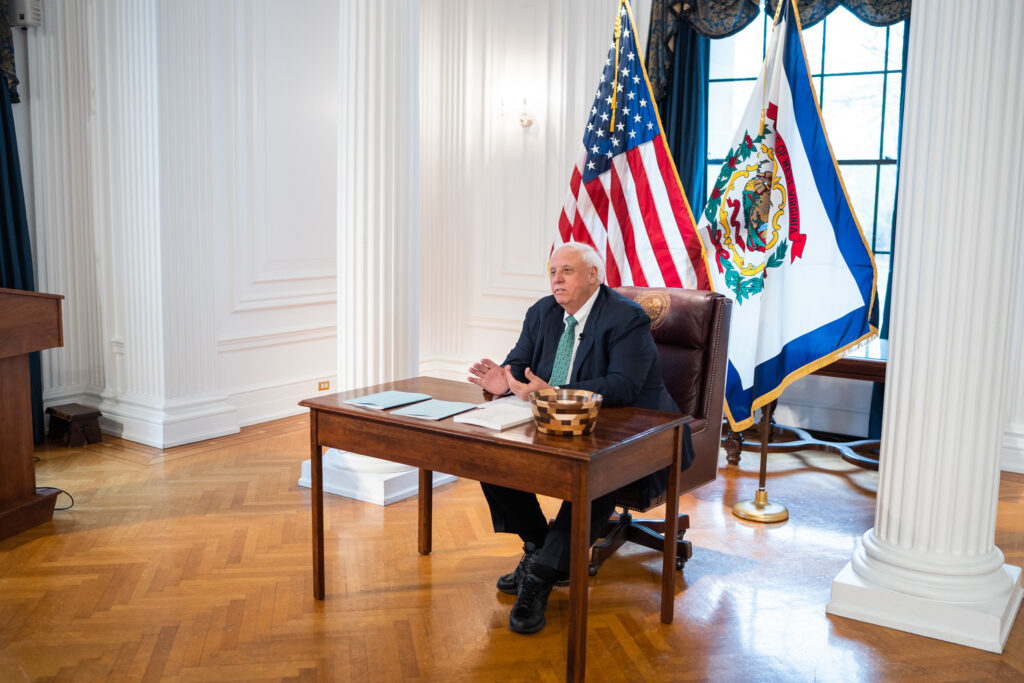The governor has signed 73 bills into law, and vetoed one. There are slightly fewer than a hundred bills waiting for action – including some controversial bills.
Most of what Gov. Jim Justice has signed since the legislative session ended are appropriations bills that allot funding to specific state agencies.
Contentious bills, like ones that would reduce unemployment benefits, change the legislative auditor’s office, and loosen vaccine requirements for school-age children are still hanging in legislative limbo.
Justice expressed concern about the vaccine bill that would exempt students from receiving vaccinations who attend private schools or attend public school virtually.
“We’re bombarded with calls, bombarded with calls,” Justice said. “You know, from ‘docs’ and all kinds of different people who say ‘what are we doing, what in the world are we doing?’”
He said he wants to expand freedom but is unclear on the ramifications of the bill, if it is signed into law.
“I had a gentleman just in my office not long ago,” Justice said. “You know, talking about when he was growing up, one of the family members had Polio.”
With ten days left to sign the bill, Justice said it’s premature to say what he will do.
According to West Virginia Legislature website, while the Legislature is in session, the governor has five days to approve or veto a bill. After the Legislature adjourns, the governor has 15 days to act on most bills. However, the budget bill and supplemental appropriations bills must be acted upon by the governor within five days regardless of when they are received. If the governor does not act within these time limits, bills automatically become law without his or her signature.
If the Legislature is still in session when the governor vetoes a bill, a simple majority vote of the members of both legislative bodies is necessary to override the veto.
In cases when a budget bill or supplemental appropriation bill is vetoed, it requires a two-thirds vote of the members of both chambers to override the veto.




















